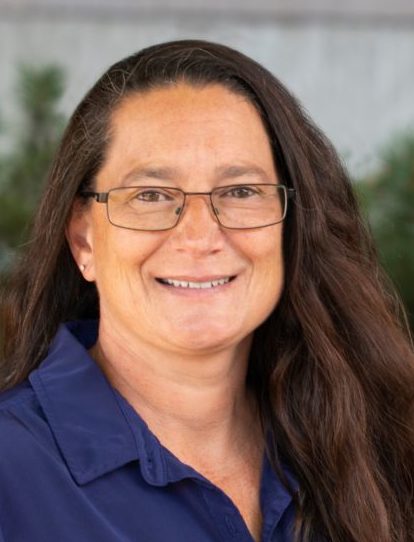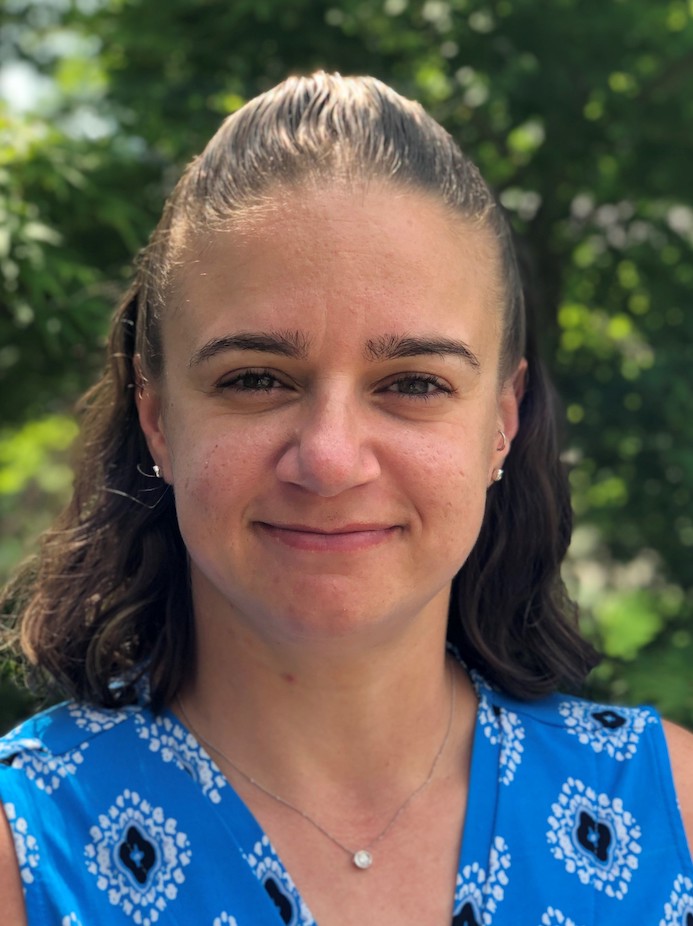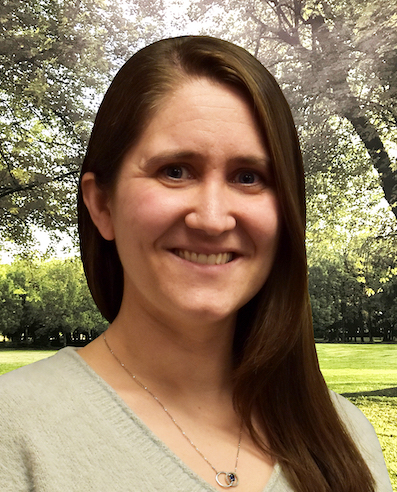Submitted by KBE Building Corporation
According to the U.S. Bureau of Labor Statistics, women now represent 11% of the construction workforce in 2021, up from 9% in 2018. While those numbers are still low, the industry’s reputation as a tough environment for women is fading fast, at least according to these eight women who are enjoying very successful careers as construction project managers, assistant project managers, principals of design firms, and more.
For KBE Building Corporation, adding women to our ranks is a top priority. “We are always looking for women to join our field teams and our preconstruction and estimating departments,” says Mike Kolakowski, president and CEO of KBE Building Corporation, which operates throughout the U.S. with headquarters in Connecticut. “Women offer unique qualities that are of vital importance: a strong focus on team-building and relationships, their exceptional attention to detail, and multi-tasking skills. Each of these are essential to making projects work.” Kolakowski says the firm is finding that more and more of its clients are women, another plus in encouraging women to enter the ranks.
So what’s been the experience for today’s female design and construction professionals? In celebration of Women in Construction Week, here are a few takeaways from candid interviews with eight women in various AEC industry positions.
Why Go into the AEC Industry?
“I love being part of a team and having the chance to create positive working relationships with everyone on the project,” says Vicki Peditto, a development manager with Seattle-based Columbia Pacific Advisors, a national developer of senior living communities. “I love the challenge of working together with a team to find solutions and seeing a successful result, knowing that I had been part of making that happen.”
“Get out of your comfort zone as much as you can.”
Kari Luedtke, Project Manager with KBE Building Corporation
“You get to make new relationships and maintain relationships, and you get to build something with your team,” says Kari Luedtke, a project manager with KBE Building Corporation. “The camaraderie that comes with that is special. At the end of the day, looking back and seeing what you were able to accomplish with those relationships, with all the paperwork, the irritations, the back-and-forth, looking at the schedule and tossing it out the window…and then going right back outside and picking it up and fixing it … construction is a crazy complex business, but it’s so rewarding and worth it in the end.”
Jennifer Vigneault, project manager for campus planning, design and construction with UCONN Health Center in Farmington, Conn., describes her work as highly creative: “I love creating balance, building an environment that makes someone’s day, that creates a space that someone wants to come to. Every project has a customer, and meeting their expectations is really what construction is about.”
“I really love construction; something is being built right in front of your eyes,” says Lelja Torlakovic, an assistant project manager with KBE-NY, a Manhattan-based construction firm working in one of the industry’s most challenging markets. “You come to the jobsite and see a pile of dirt and in a year, you see a beautiful building; it’s amazing.”
Most Important Lesson Learned to Date?
Each woman interviewed had very definite ideas on the most important things they have each learned over the course of their careers:
For Alicia Karr, president of Meyer Design Inc. in Ardsmore, Pa., the 2008 recession and the current pandemic, as well as recent health concerns for a family member, have taught her a critical truth: “You don’t go through these things alone. You have your team, your colleagues, your family. And the support I’ve had from my work team has been exceptional. I’ve been very intentional about surrounding myself with people who think very differently from each other, and from me. I have my agitators, my mediators, my introverted thinkers, my devil’s advocate… and that diversity has been so successful.”
“Relationships – they can make or break a project. They really are the basis of everything, not only in this industry but in any career or field you work in,” says Luedtke. “But don’t let anyone tell you what you’re capable of,” adds KBE assistant project manager, Megan Shepherd. “I’ve had people tell me I should be happy being a project engineer, that I don’t have what it takes to be a project manager. And my response was, ‘Thank you, but no.’”
“Don’t act like you know everything,” says Vigneault. “It doesn’t matter who else is in the room, if you think you are the only one who knows the answer, you won’t learn anything. And more importantly, not knowing the answer doesn’t make you incompetent or lacking in value. If there’s an expert in the room, ask them. Learn something new.”
“Learn from your mistakes, don’t be scared to make mistakes; of course, try not to make them! But if they do happen, it’s a way that we learn,” says Torlakovic. “It’s important not to be scared to ask questions. There are no stupid questions; we’re all learning.”
“Frankly, the field is wide open for women to come in and make their mark.”
Michael Kolakowski, President and CEO of KBE Building Corporation
The One Characteristic Every Woman in this Industry Should Have?
“Curiosity,” says Vigneault. “If you don’t know something, find the right person and ask.”
“Be imaginative,” says Karr. “Be able to see yourself ‘in the room,’ in that next position.”
“Be compassionate – that’s not just something women need to do, that’s something everyone needs to do,” says Shepherd.
“A male-dominated industry can be intimidating,” says Torlakovic. “Women need to know how to hold their ground. Don’t be scared to voice your opinion.”
Suzanne Musho, AIA, chief architect with New York Institute of Technology, sums it up beautifully: “The virtue of women in business is that we don’t need any one trait. We have so many gifts to give. The qualities of women in the workplace are just so evident, we should let our differences flourish.”

















